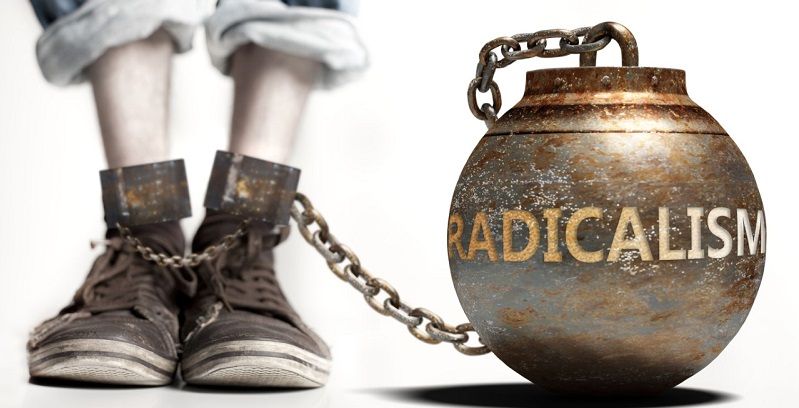
There is a direct connection between low EQ and susceptibility to radicalisation. The PreventiMI project aims to equip young migrants...
PreventMI project aims to provide Youth Workers with innovative learner-centred methods and digital tools to prevent the migrant youth radicalisation through Emotional Intelligence and Transformative Learning. By doing so, PreventMI will contribute to achieve goals among participants:

To achieve this general objective, a group of entities from 5 countries (Norway, Spain, Greece, Sweden, Ireland) specialised in the Youth field, migrant support and inclusion, and prevention of radicalization have been associated and will work together on the following activities:
Definition of a structured set of competencies on preventing the migrant youth radicalisation through EI and TL based on EU standards and methods.
Design and implementation of a new ICT-based educational tool, a set of functional and interactive techniques and activities for youth workers focused on the topic of the project.
Development of a digital tool based on gamification and roadmapping approaches to engage marginalised young migrants in applying the prevention of radicalisation through EI and TL in their daily practice.
Development of a set of functional and interactive techniques, tools, exercises and practical activities to be used by youth workers in their work with marginalised young migrants .
Achieving a high impact in the dissemination of the project and results and ensuring their sustainability after project’s end


There is a direct connection between low EQ and susceptibility to radicalisation. The PreventiMI project aims to equip young migrants...

The training plan of the PreventiMI project covers different areas or learning units: The process of radicalisation and risk factors...

Radicalisation among young people can originate from a variety of factors, such as politics, religion, environment, social issues and cultural...
This project has been funded with support from the European Commission, through the ERASMUS+ programme. This publication reflects the views only of the author, and the Commission cannot be held responsible for any use which may be made of the information contained therein.
Project Number: 2022-2-NO02-KA220-YOU-000095299
